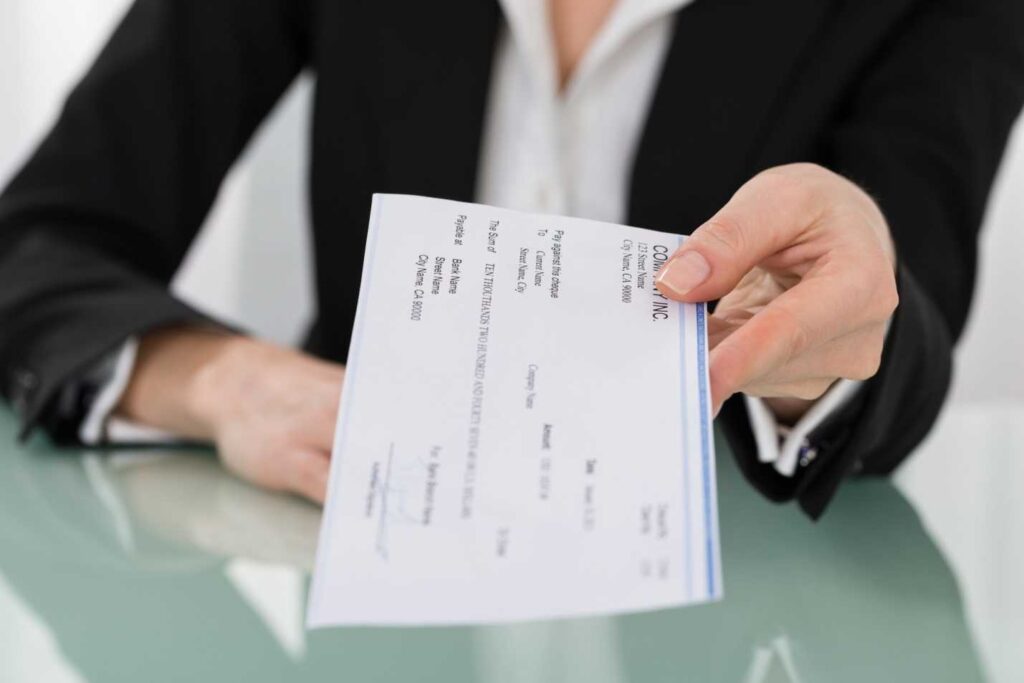Both companies and individuals may need to verify employment for a variety of reasons. Employers do this when they want to perform background checks on job candidates. That way, they can evaluate potential hires and find out if they made a good hiring choice. In specific niches, employers can also ask for proof of a job candidate’s previous salary and take that as a basis for their employment offer.
On the source below, here’s what employers need to know before running background checks:
https://www.eeoc.gov/laws/guidance/background-checks-what-employers-need-know
On the other hand, individuals need to prove their employment status and income for reasons usually related to their finances or housing. Third parties may request this document as proof of one’s creditworthiness and current finances. Read on to learn in which situations you might need to verify your income.
You Apply for a Loan
Loans are handy financial tools that everyone may need at some point. If you want to buy something, travel, or cover an unexpected cost, but you don’t have enough money, you can borrow it. Then, you have to pay it back in installments. Lenders will approve these financial arrangements if you provide proof of income showing you can make regular monthly payments.
Your earnings are crucial information in your application, so you need a valid document to prove them. Based on your paycheck, W-2 form, or any other paper showing your revenues, lenders assess your credit capability and payment capacity and determine the lending terms.
Another valid reason to submit proof of income to the bank or lender is payment deferral or deduction on current loans. If your financial situation has changed, and your income isn’t enough for current expenses, you can try to negotiate loan terms. Get an income verification letter from your employee and other supporting documents showing your current financial hardship.
You Rent or Lease Property
Landlords or property owners also have the right to ask for your income verification. They need proof that you, as a tenant, can regularly pay the rent or lease. In this way, they want to avoid problems and delays that can lead to the termination of the rental or lease agreement.
When looking for an apartment, you must know that landlords have the right to screen potential tenants. As they look for certainty, they can perform a background check on your finances to prove you can pay your obligations during the rental agreement on time. So they can ask you to bring any document showing your financial capability, like bank statements or credit reports.
In most cases, income verification assumes that the main source of income for most is salary. If you’re employed or self-employed, you can provide your paycheck, tax returns, or W-2 forms. However, since income doesn’t always have to come exclusively from employment, other documents can serve as well. Learn more about it at this link.
Your Employer Requests It

Information about your salary isn’t publicly available, but there are situations when third parties can obtain this information. When you apply for a job, your prospective employer could ask for income verification. They can ask you to provide valid proof, or they can reach out to your former employer, of course, with your consent. Such a situation is possible if, for example, you apply for a job in a very competitive niche.
Jobs in deficit and with a high demand for qualified workers are well paid. Your future employer might need information on your salary to be able to create a suitable offer. They want to stay competitive and within their budget, but they can go the extra mile to entice you, as a highly qualified expert, to accept their job offer.
However, many states prohibit employers from requesting this information from job candidates. The goal is to prevent hiring and setting working conditions based on candidates’ financial situation. In that way, the abuse of this data should be minimal.
You Apply for Government Benefits
Your current situation may not be great, so there’s a chance you might need state or federal financial assistance. These difficulties can be temporary, but you still need help to pay bills and rent, buy groceries, etc. Depending on the specific situation, you can apply for different types of financial aid.
Whether you’re a student, retiree, unemployed, disabled, or have a large family, you can apply for different programs. Each has a set of eligibility criteria you must meet, and the government requires employee income verification for most benefits. It proves that your current income isn’t enough for a decent life.
There are situations when you might be asked to provide proof of your income. You might need to verify it when applying for a loan or financial aid, or when a third party can ask for it (when you rent a property or have a job interview).





